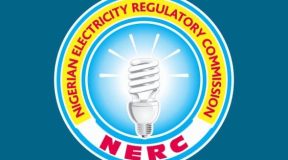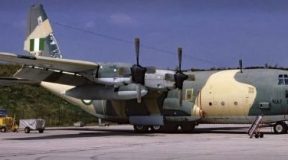The Lagos State Government has announced that construction of the $3 billion Green Line Rail Project, which will connect Marina to the Lekki corridor, is set to commence in December 2025.
The announcement was made by the Lagos State Commissioner for Transportation, Oluwaseun Osiyemi, in a statement shared on the official X (formerly Twitter) account of the state government on Monday.
According to Osiyemi, extensive feasibility studies and stakeholder consultations have been carried out along the Lekki–Epe corridor in preparation for the ambitious rail development.
“The government has engaged stakeholders extensively and conducted thorough feasibility studies along the Lekki–Epe Expressway Corridor ahead of the Green Line project, which will commence in December,” the commissioner stated.
He further explained that the project would span two to three years and would be executed in phases. The first phase will run from Lekki First Tollgate to Epe, while the second phase, starting from Marina, will include an on-water segment.
“The Green Line project will begin from Marina all the way to Epe. It will come in phases, with the first phase from Lekki First Tollgate to Epe, while the second phase from Marina will be on water,” Osiyemi added.
The latest announcement comes amid the government’s intensified enforcement and clearance efforts along the Lekki–Epe Expressway, aimed at removing encroachments and restoring wetlands vital to the project’s right-of-way.
The 70-kilometre Green Line will run from Marina to the Lekki Free Trade Zone, featuring 17 stations built along a mix of elevated and at-grade tracks. The route will begin at Marina, pass through Victoria Island, merge with the Lekki–Epe Expressway, and continue through Ajah, Sangotedo, and the Lekki Free Zone.
Stations will feature modern architecture, including pedestrian bridges, elevators, and escalators. A maintenance depot will be located near Sangotedo, while a 15-hectare parking facility will serve commuters at the Lekki Free Zone. Trains on the line will operate in eight-car B-type sets, capable of speeds up to 100 km/h, with a minimum headway of three minutes and a projected capacity of 35,000 passengers per hour per direction.
A video released by the Lagos Metropolitan Area Transport Authority (LAMATA) on April 9, 2025, detailed the project’s estimated $3 billion cost, design alignments, and implementation plan. According to Nairametrics, the Federal Government has allocated ₦146.14 billion as part of its counterpart funding for the project in the 2025 national budget. The project will also be executed under a tripartite agreement with China Harbour Engineering Company (CHEC) to design, finance, and operate the line.
While the project has been widely praised as a major step toward decongesting Lagos traffic, urban transport experts have raised concerns over station spacing and capacity planning. Sparse coverage in areas like Victoria Island and wide station gaps along Lekki could affect ridership levels, while eight-car train sets may prove inadequate for future commuter demand. Experts have therefore recommended adding more stations in high-traffic zones and integrating operations with existing rail and BRT networks to ensure improved accessibility, efficiency, and sustainability.




